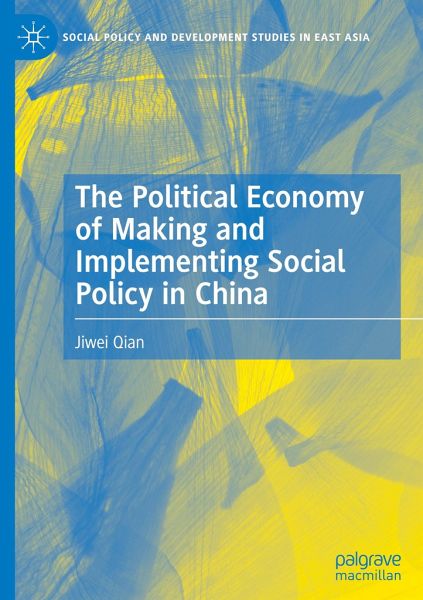
The Political Economy of Making and Implementing Social Policy in China

PAYBACK Punkte
23 °P sammeln!
This book explores the institutional factors in social policymaking and implementation in China. From the performance evaluation system for local cadres to the intergovernmental fiscal system, local policy experimentation, logrolling among government departments, and the "top-level" design, there are a number of factors that make policy in China less than straightforward. The book argues that it is bureaucratic incentive structure lead to a fragmented and stratified welfare system in China. Using a variety of Chinese- and English-language sources, including central and local government documen...
This book explores the institutional factors in social policymaking and implementation in China. From the performance evaluation system for local cadres to the intergovernmental fiscal system, local policy experimentation, logrolling among government departments, and the "top-level" design, there are a number of factors that make policy in China less than straightforward. The book argues that it is bureaucratic incentive structure lead to a fragmented and stratified welfare system in China. Using a variety of Chinese- and English-language sources, including central and local government documents, budgetary data, household surveys, media databases, etc., this book covers the development of China's pensions, health insurance, unemployment insurance, and social assistance programs since the 1990s, with a focus on initiatives since the outbreak of the COVID-19 pandemic. Providing a deeper understanding of policymaking and implementation in China, this book interests scholars of public administration, political economy, Asian politics, and social development.












